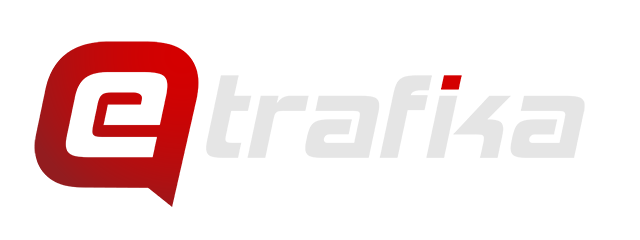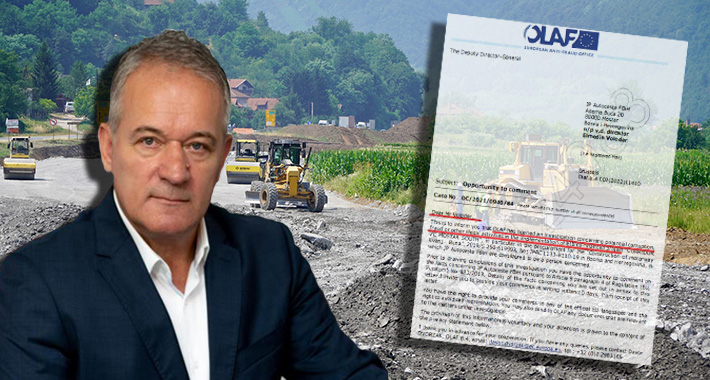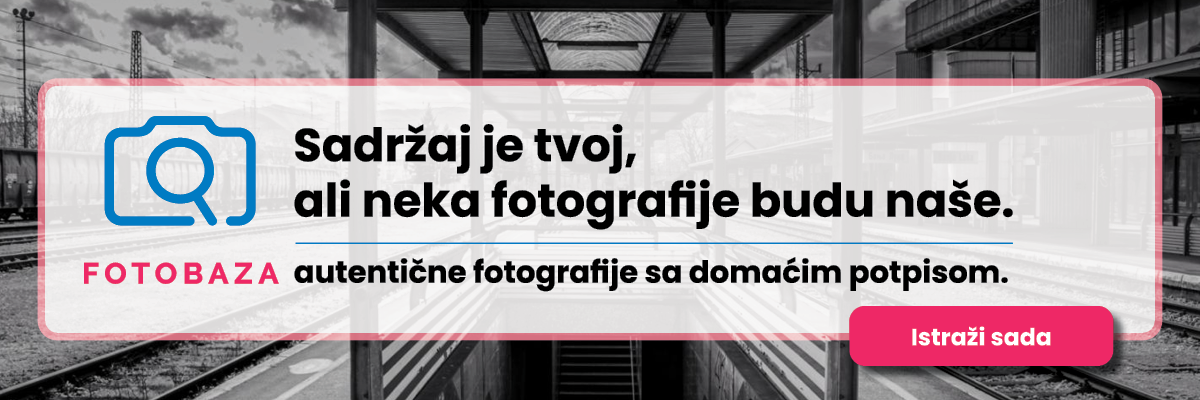The European Anti-Fraud Office (OLAF) has been conducting an investigation against Autoceste FBiH, that is, the current director of this federal public company, Elmedin Voloder, for months, Fokus.ba learns.
In particular, OLAF opened an investigation into potential corruption, fraud or other illegal actions in the construction of the Highway on Corridor 5c on the Kvanj – Buna Tunnel section.
Fokus.ba is in the possession of a document from the European Anti-Fraud Office addressed to the director of the FBiH Autoceste, Elmedin Voloder, in which he is informed that an investigation into potential corruption and fraud has been opened against him.
Coincidentally or not, immediately after OLAF opened an investigation against Voloder and Autoceste, the earlier tender that was announced on December 30, 2019, was cancelled, and a new one was announced?!
According to the OLAF document, Volodera is accused of sending a letter to the bid evaluation committee in August of last year, in the middle of the evaluation of bids for the construction of this section, instructing them to exclude the bidder Ozaltin Insaat Ticaret ve Sanayi AS (Turkey). – Azvirt Limited Liability Company (Azerbaijan) and Hering d.d. (Široki Brijeg, BiH).
It was precisely this bidder, the OLAF document points out, who had the lowest bid. The bidder that Autoceste FBiH eventually chose was the consortium China Second Metallurgy Group Co.Ltd (China) & Guizhou Transportation Planning Survey – Dizajn Academe Co. Ltd (China). OLAF says that this bidder made an offer that was not in accordance with the terms of the tender.
Fokus.ba also came into possession of the aforementioned letter from Elmedin Voloder. In it, Voloder orders the Commission to make a final decision by the end of the working day (August 6, 2021) and take responsibility and the consequences of making that decision.
In this letter, Voloder formulates the Commission's move and states that, regardless of the clarification from the aforementioned bidder, it will result in the rejection of the bid. He previously stated that the Commission concluded that this bidder is knowingly putting Autoceste in a position where there may be a significant change in the final price of the works.
However, in the chronology that OLAF stated in the letter to Voloder, it is evident how this situation came to be.
As they point out, on December 30, 2019, JP Autoceste FBiH announced a tender for the construction of the Kvanj-Buna Tunnel section with a total length of 5.25 kilometres, which was financed from a loan agreement signed with the European Investment Bank (EIB). The deadline for submitting bids was February 24, 2020.
Within Autoceste, a bid evaluation committee was formed, consisting of five employees of that public company. According to OLAF, this commission was supposed to be independent and free when it comes to external influence. The bid evaluation is divided into two phases, technical evaluation and financial evaluation.
On May 19, 2020, the Commission conducted an online opening of the technical tender at the premises of Autoceste. Nine offers were received.
“Financial offers were opened on March 5, 2021, and Autoceste prepared a tender evaluation report on November 16, 2021. Motorways received a total of nine bids ranging in price from 90,934,999 EUR to 171,144,602 EUR excluding VAT. In the beginning, the lowest offer was that of the consortium Ozaltin Insaat Ticaret ve Sanayi AS (Turkey) – Azvirt Limited Liability Company (Azerbaijan) and Hering d.d. (Široki Brijeg, BiH)” according to OLAF.
However, OLAF emphasizes that on June 23, 2021, in the middle of the evaluation procedure, the Autoceste management replaced the entire composition of the Evaluation Committee! It should be recalled that on June 10, in other words, 13 days before this move, the FBiH Government appointed Voloder as acting director of the FBiH Autoceste.
“Although the bidder Ozaltin Insaat Ticaret ve Sanayi AS (Turkey) – Azvirt Limited Liability Company (Azerbaijan) and Hering d.d. (Široki Brijeg, BiH) had the lowest bid, during the evaluation process this bidder promptly withdrew its bid. During the bid evaluation process, there was an attempt by the general director of Autoceste, as well as the head of the International Procurement Service, to influence the decision of the Evaluation Commission so that the bidders Ozaltin Insaat Ticaret ve Sanayi AS (Turkey)”, Azvirt Limited Liability Company (Azerbaijan) and Hering d.d. (Široki Brijeg, Bosnia and Herzegovina) would not be selected – OLAF points out.
Why is OLAF investigating corruption and possible fraud in the construction of this section on BiH soil? Because we are talking about the funds of the European Investment Bank, that is, the EU. Namely, OLAF has the authority to conduct investigations into corruption and fraud with EU and non-EU funds, which, for example, is not the case for malfeasance during the construction of the Vranduk – Ponirak section, which Fokus.ba wrote about, because this is an OPEC loan, therefore Saudi Arabia, Kuwait, etc.
Fokus.ba asked OLAF about the investigation in Autoceste, but they stated for our portal that they do not comment on ongoing investigations in order to preserve their integrity.
When asked to comment on the investigation conducted by OLAF against Voloder and this public company, Autoceste told Fokus.ba that they cancelled the tender in March “because the procedure had a number of shortcomings that were tried to be eliminated, but without success”.
“An improperly prepared tender and the risk of selecting a contractor led to an unreasonable deadline for selecting a contractor, which would make the construction deadline as well as the execution price itself out of the investor's control. The creditor bank, the European Investment Bank, understood the reasons for the annulment of the procedure and supported the position that a new, accelerated procedure for selecting the contractor for this subsection should be used. In this regard, at the beginning of August this year, JP Autoceste FBiH announced a new international tender for the selection of contractors, which it prepared in consultation with the European Investment Bank. The deadline for submitting bids is October 10, 2022” said Autoceste FBiH.
In our questions, they did not comment on the OLAF investigation itself, or the actions of the FBiH Autoceste director.
When it comes to the activities of OLAF, it should be emphasized that domestic police, judicial and government institutions in BiH are obliged to cooperate with this European institution for the sake of an unhindered investigation. Moreover, if a natural person, a legal person or a third party objects to an on-site check or inspection, the authorities of Bosnia and Herzegovina, acting in accordance with national rules and regulations, are obliged to assist the European Commission or OLAF, in order to enable them to fulfil their duty to perform an on-site check or inspection.
-Without questioning the application of the criminal law of Bosnia and Herzegovina, the European Commission can impose administrative measures and penalties on legal or natural persons from Bosnia and Herzegovina, which participate in the implementation of programs or activities, in accordance with the legislation of the European Union. The BiH authorities cooperate with the European Public Prosecutor's Office to enable it to fulfil its duties of investigation, prosecution and bringing to court the perpetrators and accomplices of crimes affecting the financial interests of the European Union, in accordance with the applicable legislation – it is required in one of the agreements that should soon be adopted by the BiH Council of Ministers.
What the OLAF investigation means is best illustrated by judicial processes and arrests in Croatia. Last week, the Croatian weekly “Nacional” published information that the auditors of the European Commission are checking how and under what circumstances the Government of Andrej Plenković procured around 20 tons of medical equipment from China to fight the coronavirus in March 2020 without a public invitation, and what was from European funds paid for about 50 million euros. In addition to the European auditors, according to information from “Nacional”, OLAF is also involved in the investigation, because, as in the case of the Tunel Kvanj – Buna section, European funds are involved.
For years, OLAF has been investigating the embezzlement of EU funds in Croatia, which led to the arrest of officials of this country, which were carried out by members of domestic judicial and police agencies. False documentation and conflict of interest and assignment of work through a connection were the ways in which European money was misused in Croatia.
In December 2021, the former Croatian Deputy Prime Minister Tomislav Tolušić (HDZ) was targeted by European investigators due to disputed procurement contracts while he was the Minister of EU Funds and Agriculture. He was targeted by USKOK and OLAF, and the subject of the investigation are four contracts with the company Omega software, during which the business grew from the original 4.6 to almost 32 million kunas.
A month earlier, former Croatian minister Gabrijela Žalac, director of the EU Project Financing and Contracting Agency Tomislav Petrić, and two entrepreneurs Marko Jukić and Mladen Šimunc were the first people in Croatia to be arrested by order of the European public prosecutor, and after investigations conducted by OLAF.
Also, after the OLAF investigation, the European Public Prosecutor's Office requested the Croatian Parliament to revoke the immunity of MP Vinko Grgić for accepting bribes and embezzlement of European money and abuse of position.
About 450 reports were submitted to OLAF, as far as Croatia is concerned, and so far about 250 have been closed. All reports, however, relate only to criminal acts. A large number also concern omissions.







